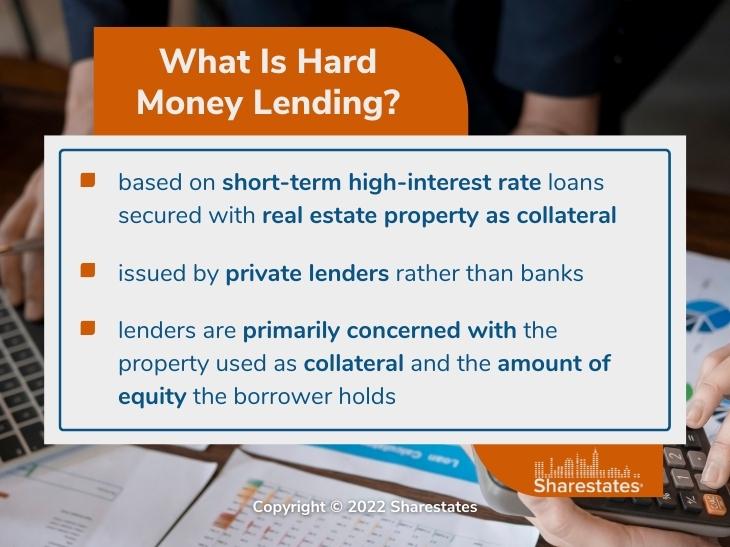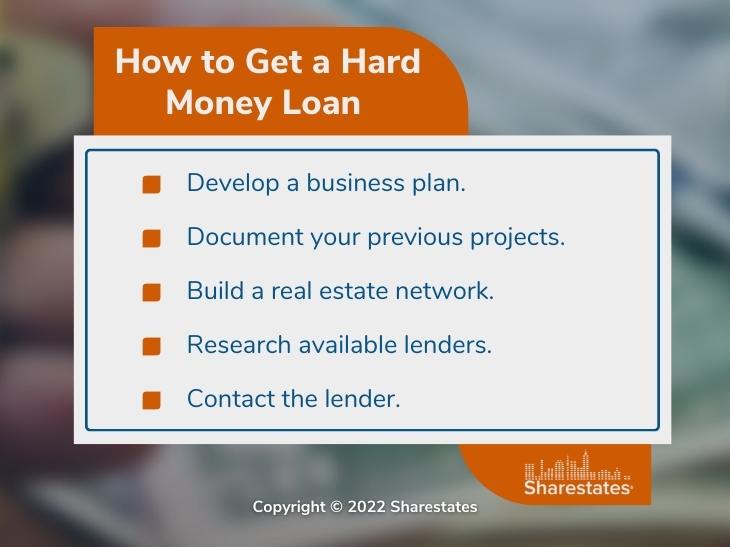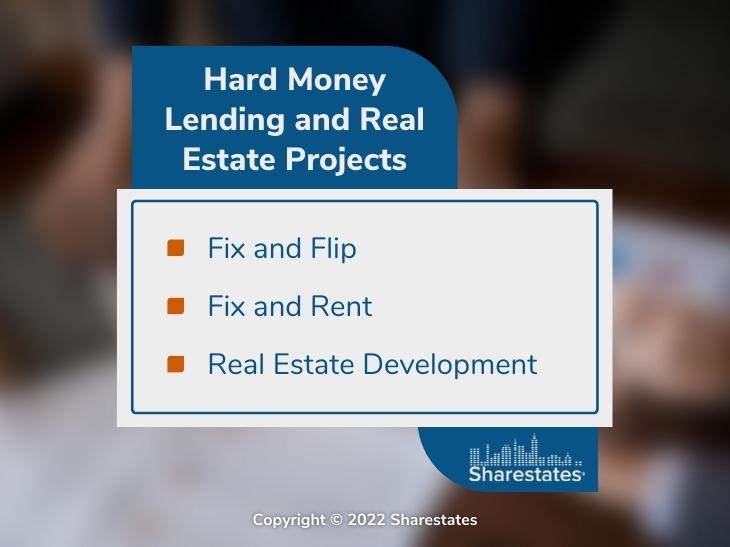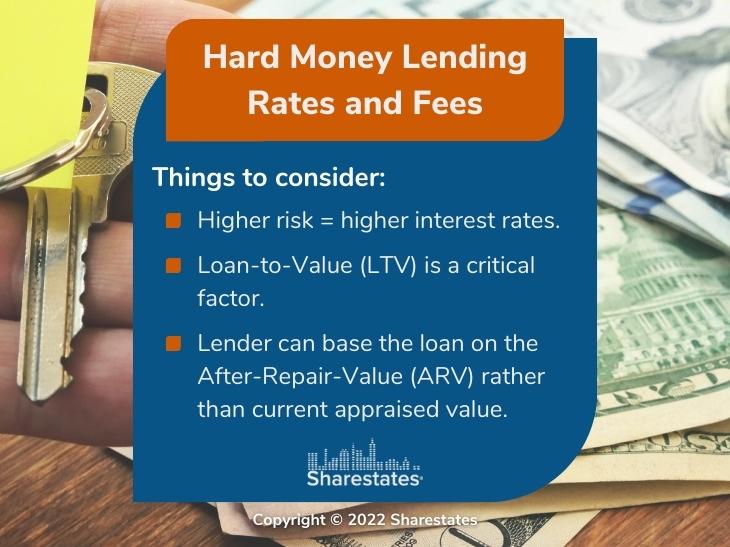If you’re looking for quick financing for your real estate projects, from fix and flip efforts to commercial property development, hard money lending could be the right option. This article addresses how hard money lending can work for your real estate projects.
What Is Hard Money Lending?
Hard money lending is based on short-term high-interest rate loans secured with real estate property as collateral. Hard money loans are also known as short-term bridge loans and rehab loans.
Private lenders, rather than banks, issue hard money loans. Private lenders can take on more risk than traditional lenders in exchange for a higher interest rate and fees. Private lenders will often underwrite loans for borrowers with no other financing options or low credit scores.

Hard money lenders are primarily concerned with the property used as collateral and the amount of equity the borrower holds. They will also closely examine the borrower’s ability to pay the interest on the loan. That evaluation will come from the borrower’s record on previous projects and their current business plans.
How Can Hard Money Lending be Used for Real Estate Projects?
Hard money lending is ideal for real estate projects. Here are the projects best suited to private investment through hard money loans.
- Fix and Flip. The borrower purchases a neglected or run-down property in this real estate project. They then invest time and effort fixing it up before reselling it. Banks will not even consider providing a loan for a home in poor condition. That means that private investors’ hard money loans are perfect for financing the purchase and the cost of fixing the house.
- Fix and Rent. In this case, the borrower wants a long-term return from monthly cash flow. Here again, banks aren’t interested in loaning money for a rundown property. Hard money private loans can provide the flexible funding required to purchase and repair the rental property.
- Real Estate Development. Purchasing vacant land and developing it into commercial or residential property is seldom of interest to banks. Instead, private lenders will be able to consider all aspects of evaluating the potential return and setting the appropriate rates and terms. They can also provide bridge loans.
Hard Money Lending Rates and Fees
The higher risk associated with hard money loans naturally results in higher interest rates. That rate attracts investors and supports borrowers with their real estate projects. Rates typically fall between 7% and 15%. Fees can range up to 5 or 6 points.
The critical factor for hard money loans is the ratio of Loan-to-Value (LTV). This is the ratio of the loan amount divided by the property’s appraised value. The LTV is usually lower than 80% of the property’s value for a hard money loan. That means the borrower will need to provide a good-sized down payment to meet the property’s total purchase price.
A hard money lender can base the loan on the After-Repair-Value (ARV) rather than the property’s current appraised value. The ARV estimates the property’s value after the repairs are completed. This approach speculates on the market conditions at the eventual time of sale. With that, it also relies on the successful and timely completion of repairs. That, in turn, increases the lender’s risk and raises the interest rate. But the advantage is that it can provide the total funding for a fix and flip real estate project.
Most hard money loans have a term of fewer than 12 months but can extend up to three years. There may also be a pre-payment penalty when paying off the loan before the full term since this results in less interest for the lender.
How to Get a Hard Money Loan for Your Real Estate Project
A bank mortgage requires a rigorous method for securing a loan. It can take quite some time and gather an incredible amount of information. This isn’t needed with hard money lending. They are private real estate loans and are therefore much more flexible in their approach. Even so, there are a few steps you should follow to ensure you find the right lender for you and your real estate project.
- Develop a business plan. Document your overall plans with close attention to the financial aspects. This plan will guide your efforts and demonstrate to lenders that you are a sound investment. It’s also the starting point for any application process.
- Document your previous projects. Build a summary of your previous projects to demonstrate to a private lender that you have successful real estate project experience. The project summaries don’t have to be detailed. But photos, timelines, and financial results will help your application.
- Build a real estate network. Networks help you find others who can offer insight into available lenders. Your network should include family members, friends, and even casual acquaintances who can serve as lenders or recommend others.
- Research available lenders. You’ll need to find a hard money lender that matches your needs since they are essentially becoming a business partner. As you grow your business, you’ll want them available for other projects. Make sure your research includes reviews and ratings from others. Also, ask your network what they have experienced with a prospective lender.
- Contact the lender. After all that research, it’s time to contact the lender and start the application process. But remember that this lender could well become your partner for this real estate project and others. So evaluate their response rate, their overall approach, and if they are interested in your business. If things don’t feel right, you may need to find a different hard money lender.

For further background, see our articles Pros and Cons of Private Real Estate Loans and Guide to Private Real Estate Loans.
We hope this brief review has helped provide insight into hard money lending in real estate. Click here to learn more about funding your project through Sharestates.




